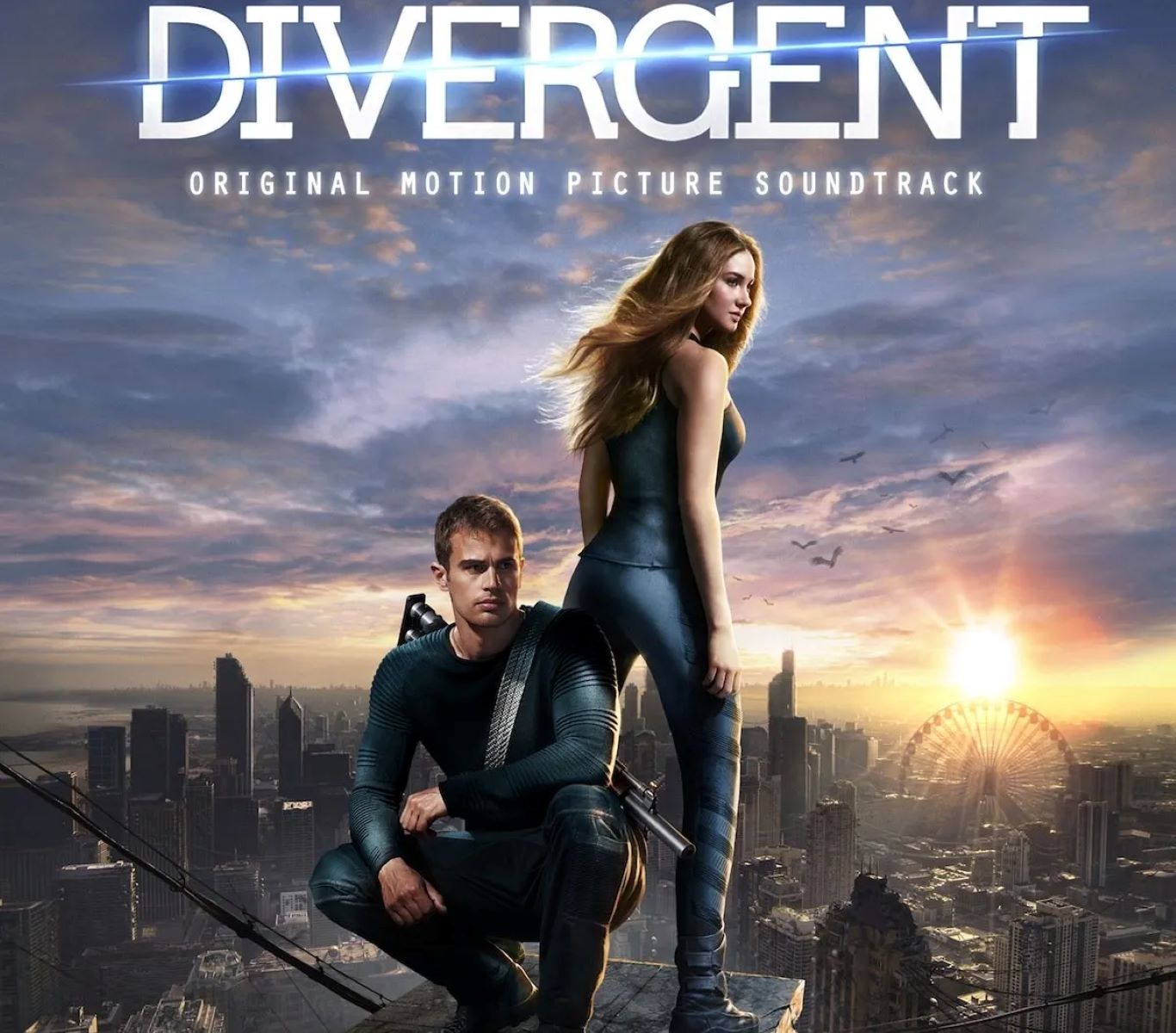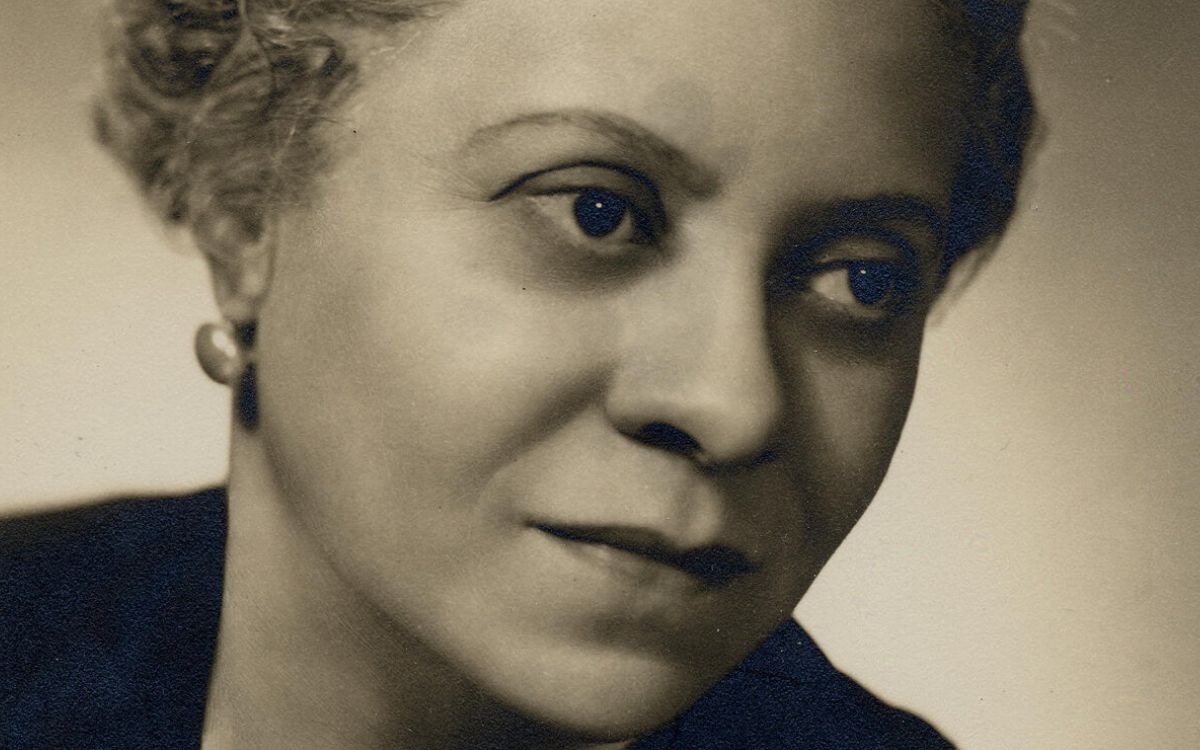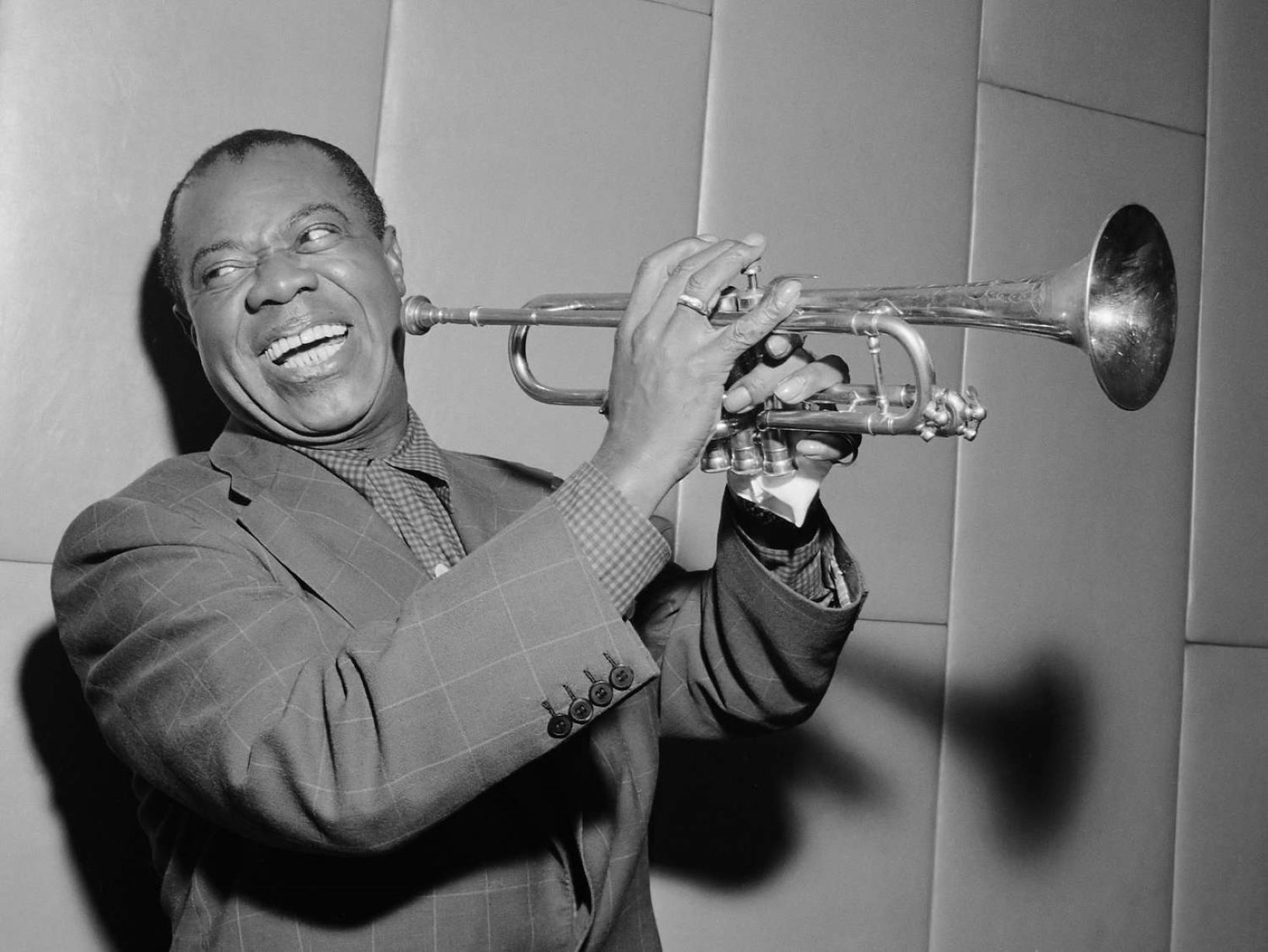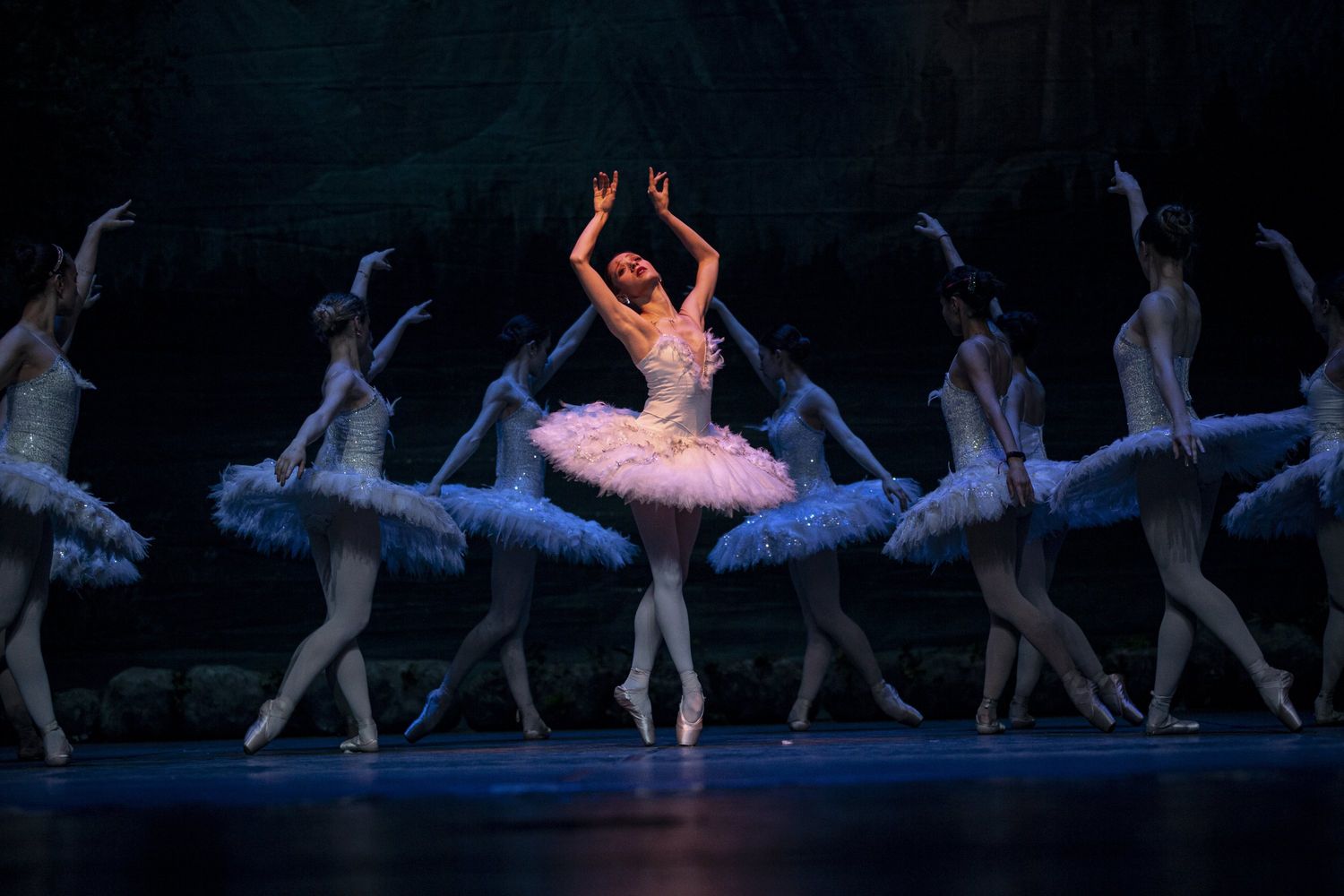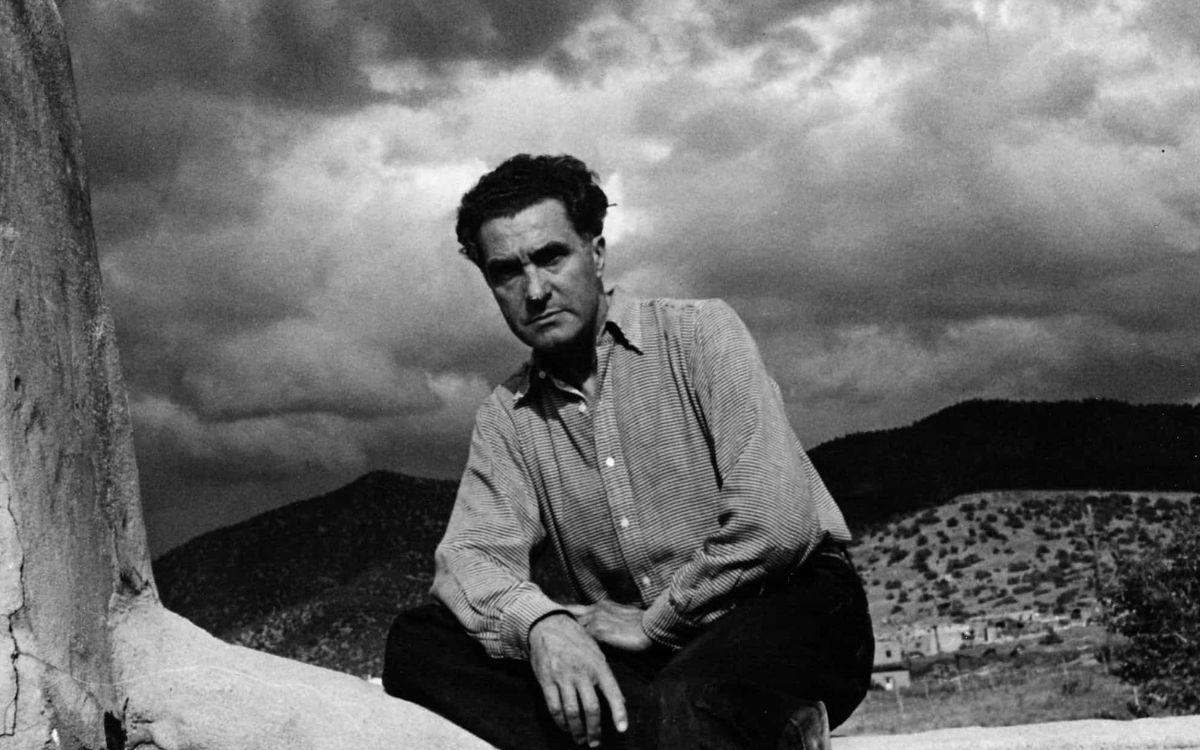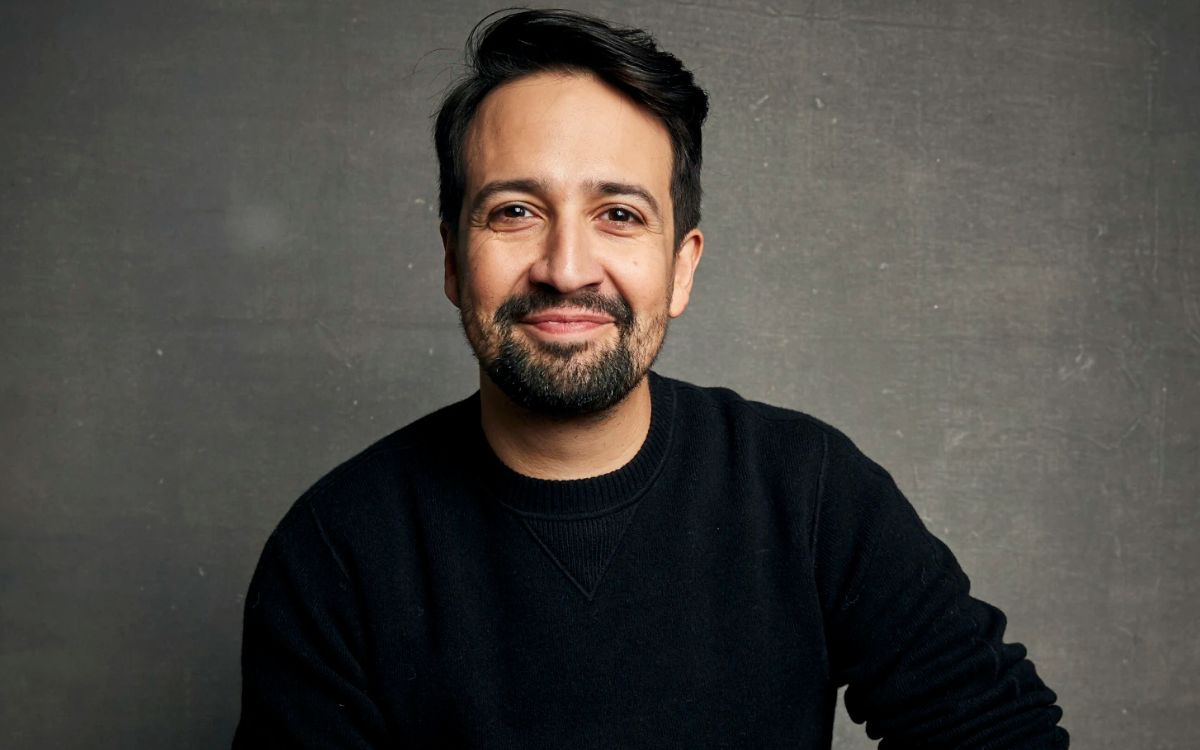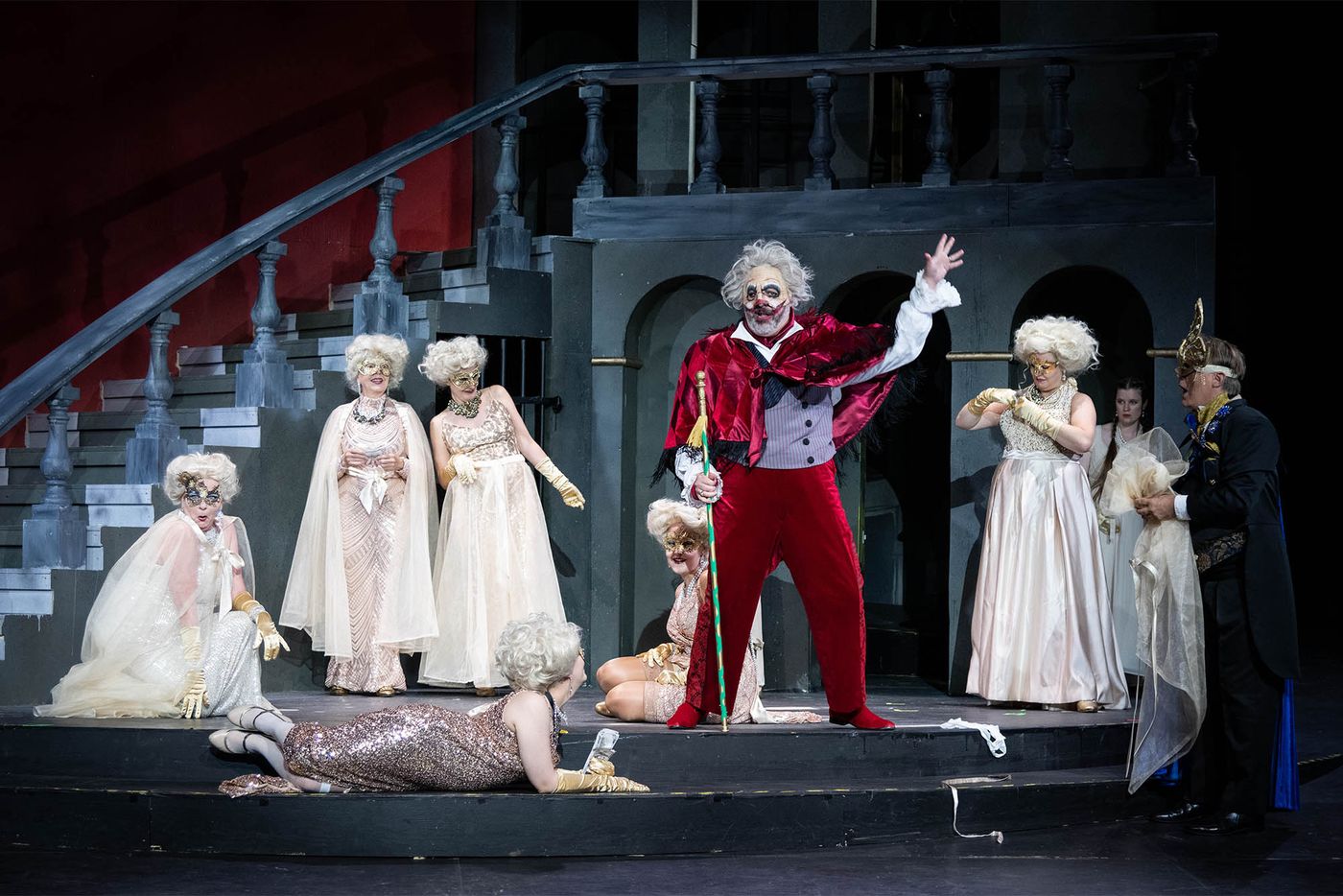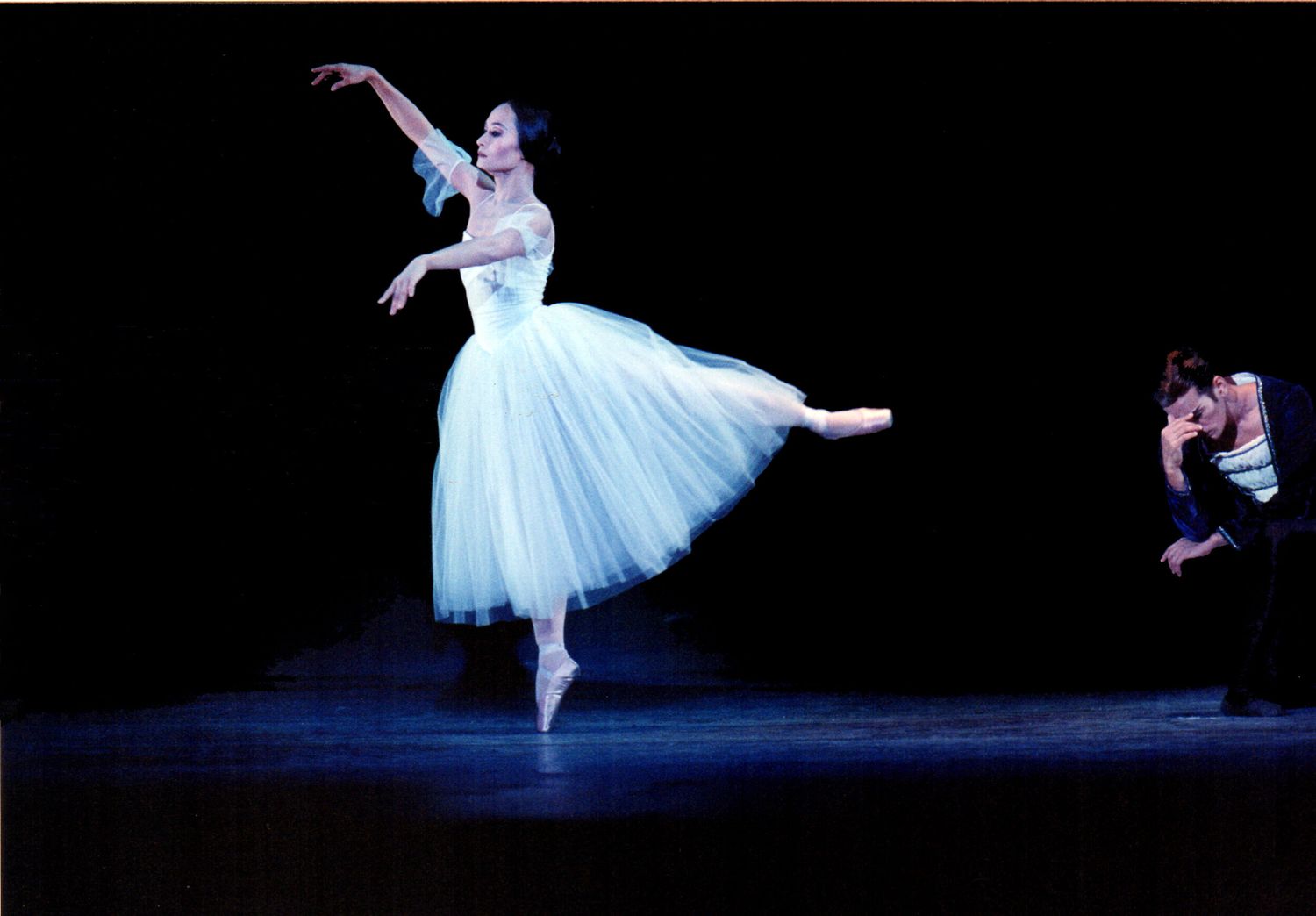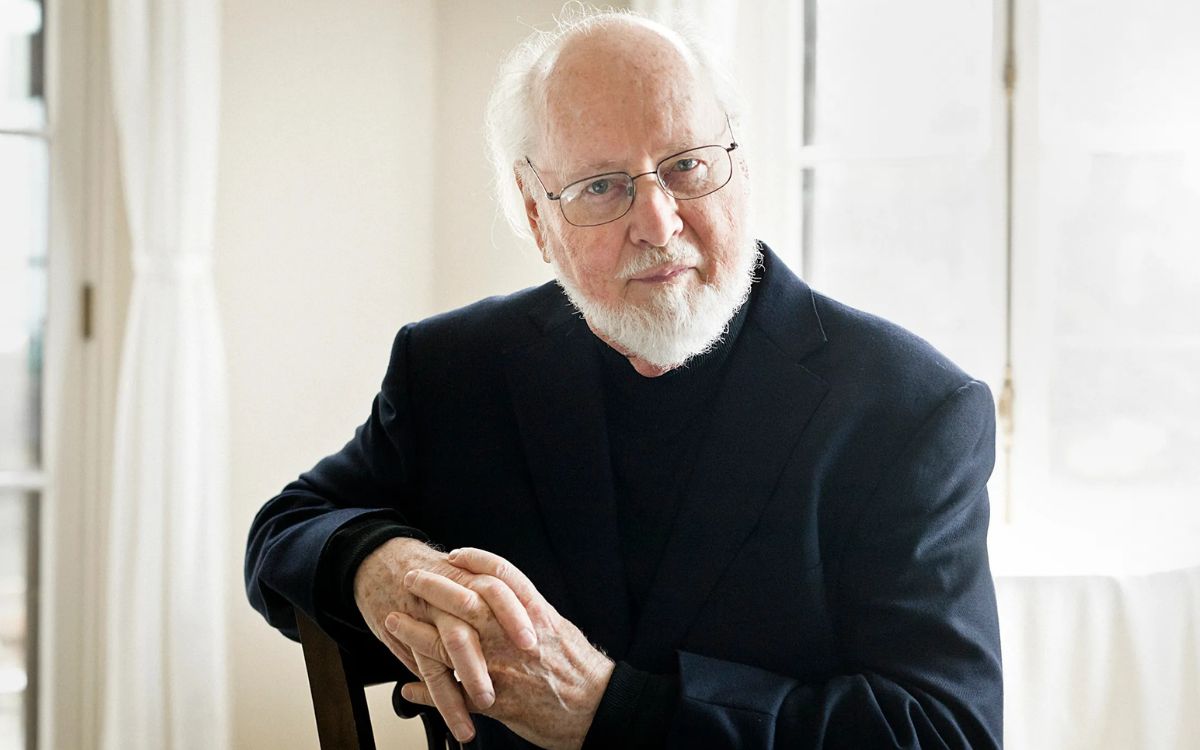Home>Production & Technology>Composer>Who Was The First Composer In Western Civilization To Leave Behind Only Instrumental Music?
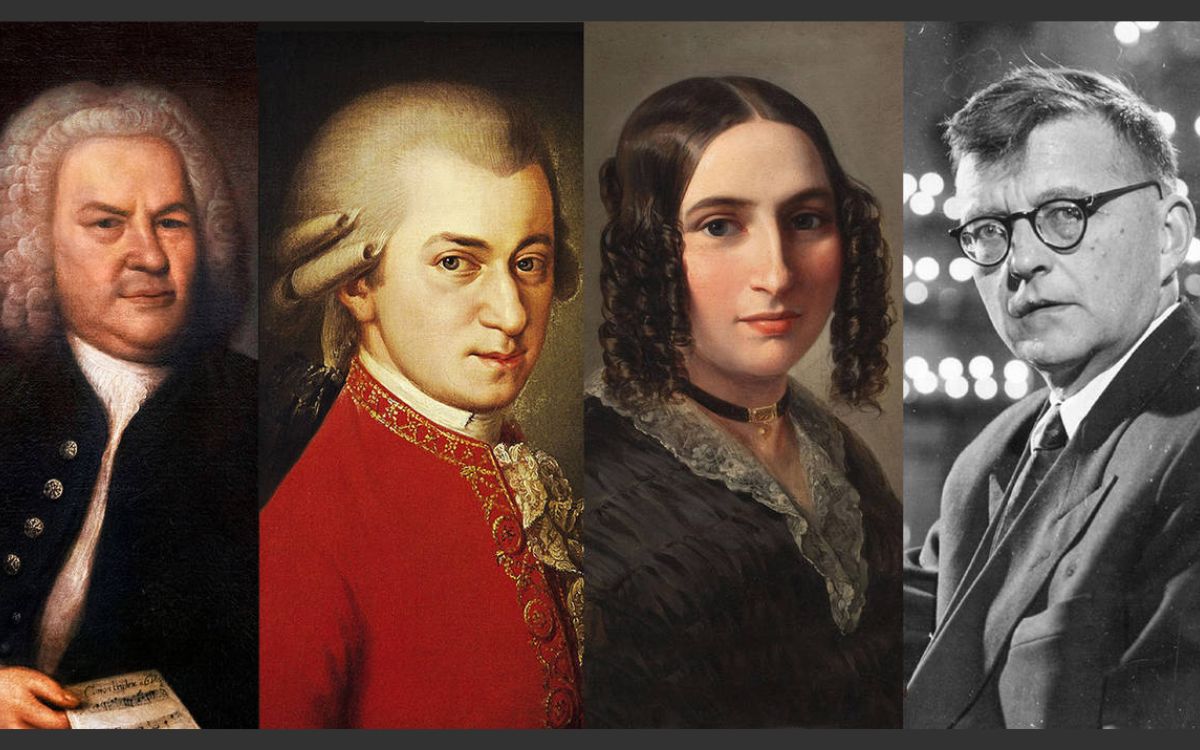

Composer
Who Was The First Composer In Western Civilization To Leave Behind Only Instrumental Music?
Modified: January 22, 2024
Discover the first composer in Western civilization to break new ground and leave behind a legacy of instrumental music. Uncover the history and impact of this influential artist.
(Many of the links in this article redirect to a specific reviewed product. Your purchase of these products through affiliate links helps to generate commission for AudioLover.com, at no extra cost. Learn more)
Table of Contents
Introduction
In the realm of classical music, composers have long been revered for their ability to create symphonies, concertos, operas, and choral works. These composers have left behind a rich legacy of musical masterpieces that continue to captivate audiences to this day. However, in the early developments of Western civilization, composers primarily focused on vocal music, whether it be sacred chants or secular songs.
It wasn’t until later that instrumental music began to occupy a prominent place in the musical landscape. This shift allowed composers to explore the possibilities of purely instrumental compositions, unleashing a new realm of creativity and expression. As instrumental music gained popularity, a question arises: who was the first composer in Western civilization to leave behind only instrumental music, without any vocal elements?
In this article, we will delve into the early developments of Western civilization, the emergence of instrumental music, and the notable composers who contributed to its evolution. Finally, we will unveil the answer to the question, shedding light on the first composer to focus solely on instrumental music and leave behind a lasting legacy.
Early Developments in Western Civilization
The roots of Western classical music can be traced back to ancient civilizations such as Ancient Greece and Ancient Rome. In these early civilizations, music played a significant role in religious ceremonies, social gatherings, and theatrical performances. However, the focus during this time was primarily on vocal music, with instrumental music serving as an accompaniment to enhance the melodies.
It wasn’t until the Middle Ages that significant developments in musical notation and theory laid the foundation for the future of Western classical music. Gregorian chant, a form of monophonic, vocal music, dominated the musical landscape during this period. Composers such as Hildegard von Bingen and Guillaume de Machaut contributed to the rich tradition of vocal music, showcasing their mastery of composing for the human voice.
As the Renaissance period dawned, there was a renewed interest in the study of ancient Greek and Roman texts, including those related to music. Theories of harmony and counterpoint began to emerge, paving the way for the evolution of polyphonic music. Notable composers such as Josquin des Prez and Giovanni Pierluigi da Palestrina emerged during this time, creating intricate and complex vocal compositions that demonstrated their technical prowess.
However, despite the advancements in polyphonic vocal music, instrumental music continued to be regarded as secondary. Instruments such as the lute, viol, and organ were primarily used as accompaniments to vocal performances. It was not until the Baroque period that instrumental music began to take center stage and flourish on its own.
Emergence of Instrumental Music
The Baroque period, spanning roughly from the 17th to the early 18th century, saw a shift in the musical landscape. Composers, inspired by the possibilities offered by instruments, started to explore the potential of purely instrumental compositions. This marked a significant turning point in the history of Western classical music.
One of the key factors that contributed to the emergence of instrumental music was the development of new musical forms. Composers began to experiment with instrumental genres such as the sonata, concerto, and suite. These forms provided frameworks for composers to showcase their virtuosity and creativity without relying on vocal elements.
During this period, the rise of the violin as a dominant instrument further propelled the popularity of instrumental music. Composers such as Antonio Vivaldi and Johann Sebastian Bach composed numerous violin concertos, pushing the boundaries of technicality and musical expression.
Another influential figure in the emergence of instrumental music was Arcangelo Corelli. His contributions to the development of the concerto grosso form, which featured a contrast between a small group of soloists and a larger ensemble, laid the foundation for future composers to experiment with orchestral textures.
As the Baroque period transitioned into the Classical era, the works of composers like Mozart and Haydn further cemented instrumental music’s importance. Mozart’s symphonies and piano concertos, in particular, showcased his mastery in crafting intricate melodies and harmonies solely for instruments.
The emergence of instrumental music not only provided composers with a new avenue for expression but also allowed listeners to appreciate the beauty and power of purely musical compositions. Instrumental works could evoke a wide range of emotions without relying on lyrics or vocal performances, appealing to a universal audience.
Notable Composers in Western Civilization
Throughout the history of Western civilization, countless composers have left an indelible mark on the world of music. Their contributions have shaped the development of different genres and styles, and their works continue to be revered and performed to this day. Here are a few notable composers who have made significant contributions:
- Johann Sebastian Bach: Considered one of the greatest composers of all time, Bach’s genius spanned across various musical forms. His compositions, including the Brandenburg Concertos and the Well-Tempered Clavier, showcased his exceptional skill in counterpoint and harmonic complexity.
- Wolfgang Amadeus Mozart: Known for his astonishing prodigious talent, Mozart composed a vast range of works, including symphonies, operas, chamber music, and piano concertos. His profound understanding of melody, harmony, and form resulted in timeless masterpieces like “Symphony No. 40” and “The Marriage of Figaro.”
- Ludwig van Beethoven: Beethoven’s compositions bridged the Classical and Romantic eras, revolutionizing the symphony and pushing the boundaries of musical expression. His symphonies, including the iconic “Symphony No. 9,” displayed his innovative use of dynamics and his ability to create emotional depth.
- Franz Schubert: Known for his lieder, or art songs, Schubert’s compositions are characterized by their lyrical beauty and emotional depth. His song cycles, such as “Winterreise” and “Die schöne Müllerin,” showcased his ability to capture the essence of the human experience through music.
- Claude Debussy: As a pioneer of Impressionistic music, Debussy’s compositions broke away from traditional tonality and embraced new harmonic possibilities. His works, such as “Claire de Lune” and “La Mer,” painted vivid soundscapes and evoked rich imagery through innovative use of texture and color.
These are just a few examples of the many brilliant composers in Western civilization who have made lasting contributions to the world of music. Their creativity, innovation, and mastery continue to inspire and captivate audiences around the globe.
The First Composer to Leave Behind Only Instrumental Music
While vocal music dominated the early developments of Western classical music, the shift towards instrumental music in the Baroque period opened up new possibilities for composers. However, it was during the Classical era that the first composer emerged, who focused solely on instrumental music and left behind a legacy consisting exclusively of instrumental compositions.
This pioneering composer was none other than Johann Sebastian Bach’s son, Carl Philipp Emanuel Bach. Born in 1714, Carl Philipp Emanuel Bach was a key figure in the transition from the Baroque to the Classical era. He played a vital role in shaping the musical style of the time and was highly influential due to his innovative compositions.
Unlike his famous father, who composed a wide range of vocal and instrumental works, Carl Philipp Emanuel Bach primarily focused on instrumental music. He believed that instrumental music possessed its own expressive power, separate from the inherent meaning of lyrics and vocals.
Carl Philipp Emanuel Bach’s instrumental compositions were groundbreaking for their time. He embraced elements of the emerging Classical style, incorporating dynamic contrasts, unpredictable harmonies, and innovative melodic structures. His compositions featured virtuosic passages, expressive nuances, and emotional depth, captivating audiences and fellow composers alike.
One of his most notable contributions to instrumental music was his compositions for keyboard instruments, particularly the clavier. His keyboard works, including sonatas, fantasias, and rondos, showcased his mastery of the instrument and displayed a great amount of emotion and technical intricacy.
Bach’s influence extended beyond his compositions. He was a highly respected and sought-after teacher, and many of his students went on to become accomplished composers in their own right. His innovative approach to composition and his emphasis on individual expression greatly impacted the development of Classical music.
Ultimately, Carl Philipp Emanuel Bach’s dedication to instrumental music and his groundbreaking compositions laid the foundation for future generations of composers who would continue to explore the possibilities and potential of purely instrumental music.
Conclusion
The emergence of instrumental music in Western civilization marked a significant shift in the musical landscape. While vocal music had long dominated the early developments, the exploration of purely instrumental compositions opened up a new realm of creativity for composers. Through their innovative works, composers like Carl Philipp Emanuel Bach paved the way for future generations to explore the expressive power of instruments.
From the ancient civilizations to the Baroque and Classical eras, composers continuously pushed the boundaries of musical expression. Instrumental music began to take center stage, with composers creating symphonies, concertos, and sonatas that showcased both technical virtuosity and emotional depth.
The first composer in Western civilization to leave behind solely instrumental music was Carl Philipp Emanuel Bach. His focus on instrumental compositions and his innovative approach to composition contributed significantly to the development of the Classical era. His keyboard works, in particular, demonstrated his mastery of the instrument and the expressive possibilities it offered.
The legacy of composers like Bach, Mozart, Beethoven, and many others have shaped the evolution of Western classical music. Their contributions to instrumental music not only created timeless masterpieces but also influenced generations of composers and expanded the boundaries of musical expression.
As we continue to appreciate the beauty and power of instrumental compositions, it is important to recognize the historical significance of composers who dedicated themselves to this art form. Instrumental music allows for a unique form of expression, evoking emotions and transporting listeners to a world beyond words.
In the ever-evolving landscape of classical music, we can look back at the emergence of instrumental music as a pivotal moment that continues to inspire and captivate audiences. The exploration of instrumental compositions by composers like Carl Philipp Emanuel Bach has left an enduring legacy that continues to shape and influence the music we enjoy today.

